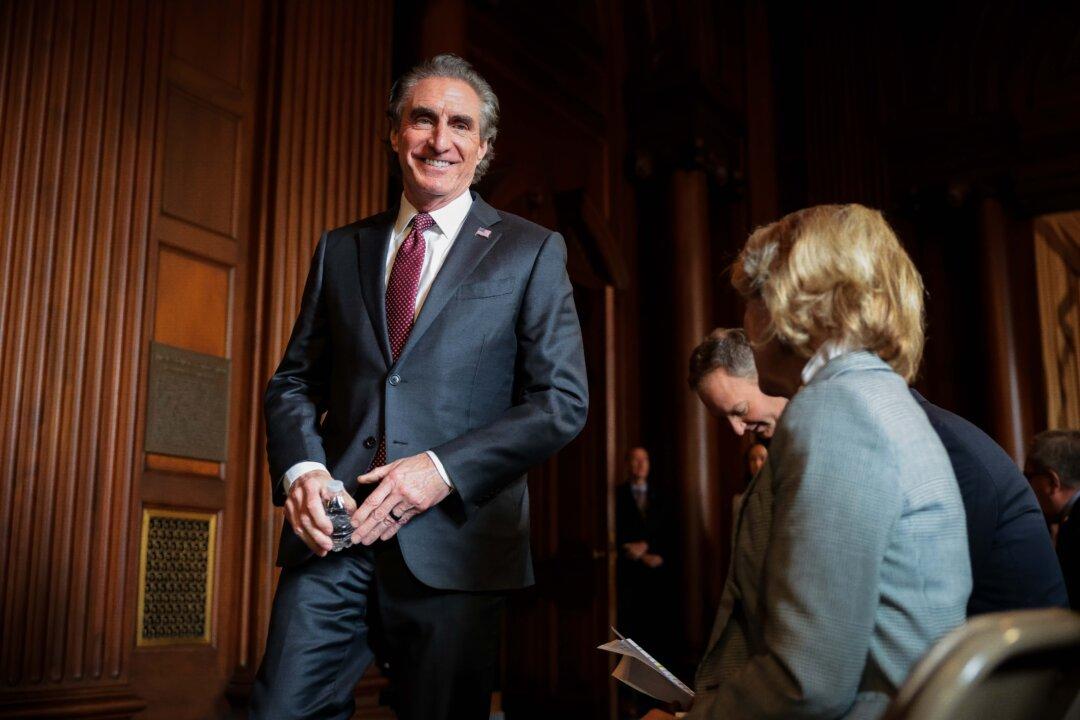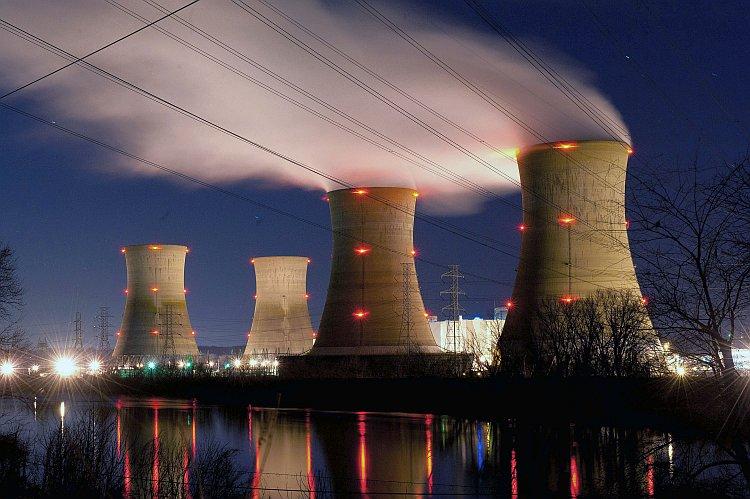President Donald Trump has launched an “all-of-government” regulatory reform blitz designed to trim permitting times for energy projects by half, not just for economic development but for the United States to have robust energy infrastructure to win an existential race with China in mastering the artificial intelligence (AI) that will define the 21st century, Interior Secretary Doug Burgum said Feb. 21.
Without dramatically accelerated energy development of all types—especially base-load fossil fuels and nuclear—the former North Dakota governor told 48 of the nation’s 55 state and territorial governors attending the National Governors Association (NGA) 2025 Winter Meeting in Washington, “we will lose the AI arms race.





